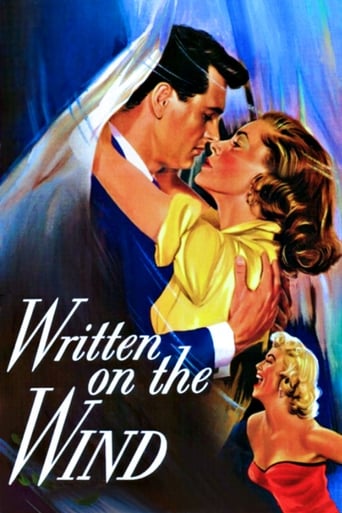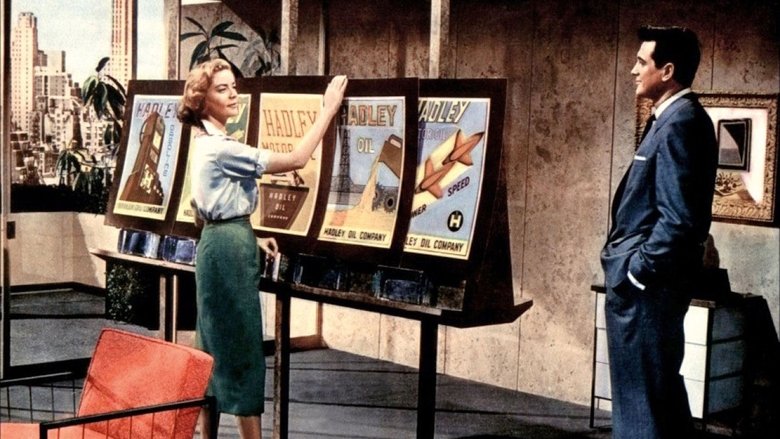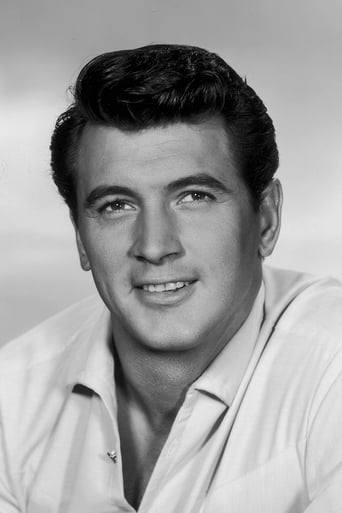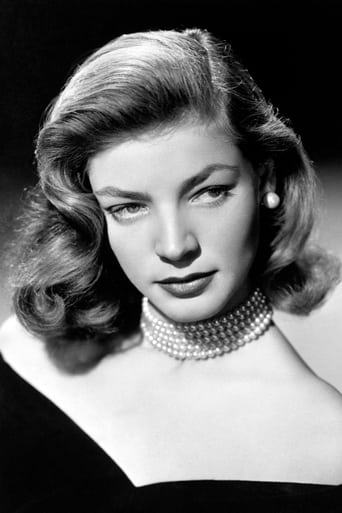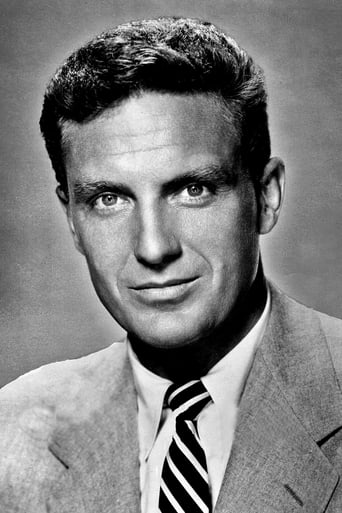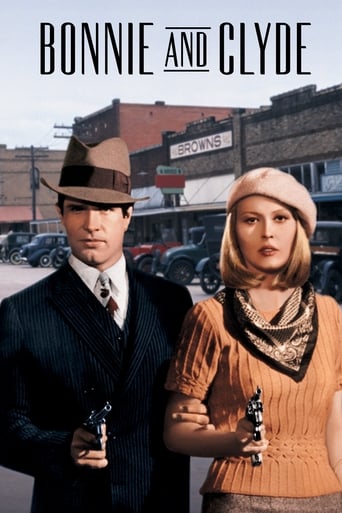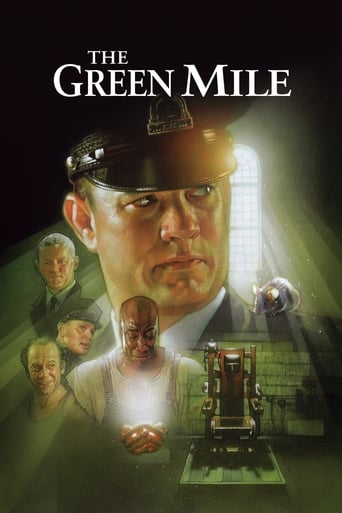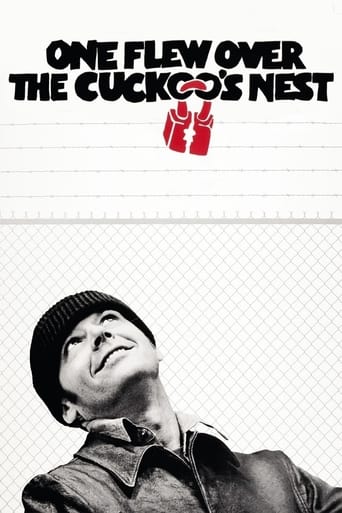Written on the Wind (1956)
Mitch Wayne is a geologist working for the Hadleys, an oil-rich Texas family. While the patriarch, Jasper, works hard to establish the family business, his irresponsible son, Kyle, is an alcoholic playboy, and his daughter, Marylee, is the town tramp. Mitch harbors a secret love for Kyle's unsatisfied wife, Lucy -- a fact that leaves him exposed when the jealous Marylee accuses him of murder.
Watch Trailer
Free Trial Channels
Cast


Similar titles
Reviews
Absolutely amazing
I am only giving this movie a 1 for the great cast, though I can't imagine what any of them were thinking. This movie was horrible
A movie that not only functions as a solid scarefest but a razor-sharp satire.
It’s not bad or unwatchable but despite the amplitude of the spectacle, the end result is underwhelming.
more than a good film, it is a splendid puzzle. not only for cast or themes. but for the science to not be a melodrama like many others. a film who seduce different genre of public. and a high level of performance. sure, it is not out of recipes of genre. but it seems be different and that is the good part. in same measure, it use in wise manner the images,music and symbols and recreate the atmosphere of a lovely classic story. but the cast makes the difference. this fact is so clear. and not for acting itself but for the choice of director for one or other. so, the duty of each is to be himself. and the show is running.
Written on the Wind is on par with Douglas Sirk's other cinematic experiments and is aided considerably by a most skilled cast. Particularly, the entire film hinges on Dorothy Malone's performance. She is the one who sells us the bill of goods at the end. And if she happened to be unconvincing, then we would feel that the entire 99 minutes was lost. But she does save the film at the end. And it is not surprising that for her efforts, she did receive the Oscar for a best supporting performance. Her scenes in the courtroom make it clear to us that not only is her brother Kyle (Robert Stack in an Oscar-nominated performance) a sad waste of a life, but they all are living a nothing existence-- except those who manage to get away (which is what Lauren Bacall and Rock Hudson must do in the last shots). Malone's character will never get away, having been forced to take over the family business at the end. It's a very sobering conclusion. In the meanwhile, Sirk fills the earlier portions of the film with inspired mise-en-scene which continues to build the tension and suggest the inevitable outcome for these characters. At every turn, the director is offering motifs and manipulating them carefully, often without our noticing. The scene where Stack throws the drink into the mirror is not only played for dramatic effect but is rich with symbolism. Another important moment occurs when the father (Robert Keith) is experiencing a heart attack on the stairs. Sirk does not allow the camera to linger on the old man during this display like most directors might be tempted to do. Instead he inserts quick cuts to other members of the household, experiencing their own mini-attacks of anguish at the same time. As a result, Sirk provides quite a searing tale about the so-called lives of the spoiled rich in a desolate oil town. He brings us into the world of its interconnected destinies and the smoldering passions of its inhabitants. He holds us hostage and doesn't let us go.
This is one of those overproduced hothouse Douglas Sirk 1950s melodramas Todd Haynes paid homage to in his 2002 "Far From Heaven." The decor and costumes are far more dramatic than the actors, although these particular actors never really stood a chance, as they are mostly horribly miscast (unlike "Far From Heaven.") Rock Hudson plays a dedicated geologist(??) who pines for prim secretary Lauren Bacall(????) in a style indistinguishable from constipation. Bacall is the victim of a whirlwind courtship courtesy of Hudson's friend, oil magnate Robert Stack--she marries him and learns too late that he's a deeply troubled alcoholic (Stack, who should have been playing Hudson's role, goes through numerous vocal and facial contortions meant to demonstrate drunken paranoid jealousy, to little effect.) Stack's sister, Dorothy Malone, has longed for Hudson since childhood; seen by him as a "sister" (it was the 1950s) she seeks refuge in anonymous sexual encounters with barroom trash. (In the previous decade, this would have been Bacall's role). Bacall has no talent for noble suffering; she seems paralyzed. (The great underused actress Ruth Roman was much better at this sort of thing.) Malone is a very peculiar actress; she has severe features (her eyebrows are reminiscent of Joan Crawford) and her elaborate blonde hairdo appears to be made of bronzed Slinkies pasted to her head. Yet she's the only one who really gets into the artificial spirit of this thing--she lets the clothes do the acting for her. I may never forget the shots of her driving a hot-pink convertible while wearing an identically hot-pink pantsuit set off by light pink gloves and scarf--anticipating "Legally Blonde" by fifty years. (Did she buy the car because it matched her outfit?) In the genuinely campy (much-discussed) highlight of the film, the police have just brought her home from yet another motel liaison (Why? She's hardly underage) and her heartbroken father is steeling himself to confront her about it. She goes to her room, strips down to her black (death, evil) slip, tosses on a sheer red (passion) chiffon robe, slaps on a jazz (sin) record, and dances orgiastically around the room. This is intercut with shots of her father mounting the stairs, clutching his heart, and tumbling to his death. Finally, in a totally superfluous eleven-o'clock courtroom scene (which helped win Malone an Oscar), she gets to have a tearful meltdown on the stand while wearing all-black; she concludes the scene by letting her head fall forward, revealing a flat hat that looks like a burnt poached egg. Apart from these highlights (and occasional dialog exchanges like "You're a filthy liar!" "I'm filthy--period!") this is rather tame camp; it never gets as wretchedly excessive as it wants to be.
Douglas Sirk was regarded as the grandmaster of melodramas. He remained, throughout, both revered and reviled.And 'Written On The Wind', regarded as his crowning achievement, shows you why. Exaggerated, larger than life, emotionally overcast, it is about as close to opera as cinema could possibly be. What works, despite it all, are the performances, which, despite being a bit over-the-top in keeping withthe general aura of the entire film itself, are satisfying on the whole ... with a special word for Dorothy Malone, as the nymphomaniac Marylee Hadley who, at the end of it all, is the only one who retains your sympathy.And that, unfortunately, is where the film falls apart. The whole affair is so in-your-face that you hardly have occasion to empathise with any of the characters. Though the attempts by the others, Rock Hudson, Lauren Bacall and especially Robert Stack, are sincere in themselves, they fail to thrill essentially because the film itself overshadows them all. There is nothing subtle or soft here, everything is either black or white, as a result of which the viewer has little to think about, little to absorb ... you just sit through the entire experience, but take back little with you after it is all over.It's all right for one viewing, and is about as representative of Douglas Sirk's repertoire as you can get. But that's about all it is.Well, it IS another way of spending an hour and forty minutes.

